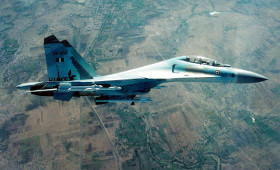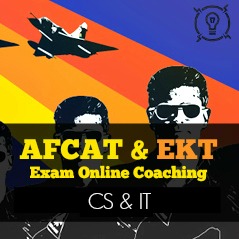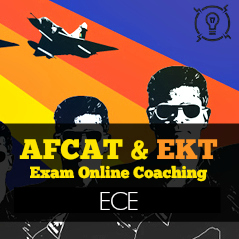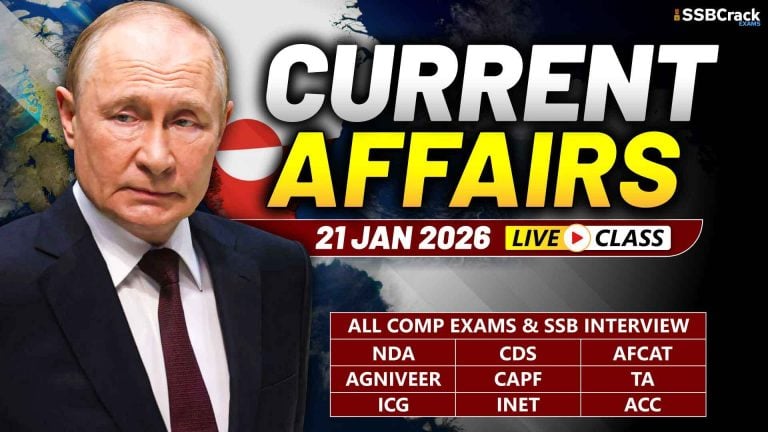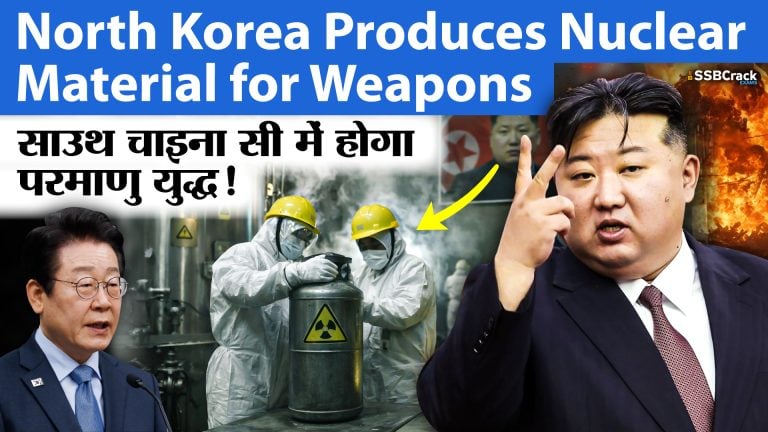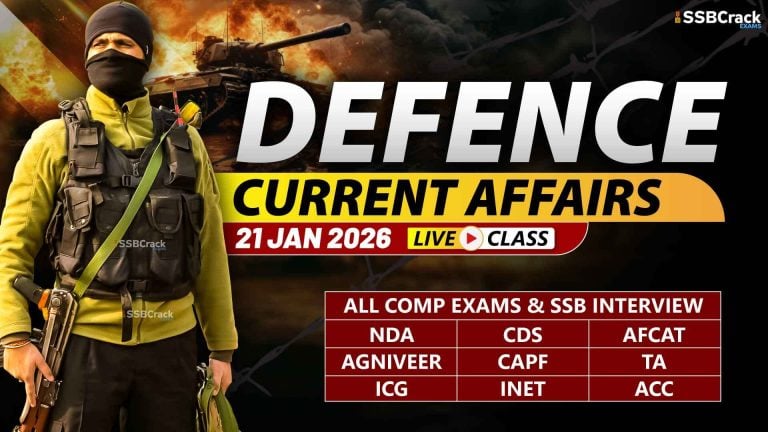If you are applying for AFCAT 2016 technical branch then you must have a BE/B.Tech degree with minimum eight subjects studied during your gradation. There is a list of subjects from which if you have studied eight subjects or more. For technical entry along with AFCAT you have to write EKT exam too.
EKT is a test that is conducted along with AFCAT to select candidates for technical branch of Indian Air force. In its current format EKT question paper consists of 50 questions asked from the various engineering subjects.
AFCAT Essential Subjects for AFCAT Technical Branch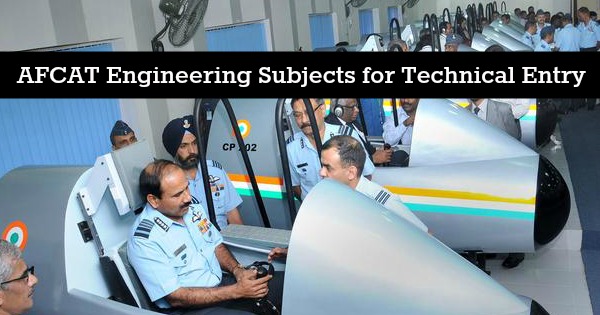
- Aeronautical Engineer (Electronics) {AE (L)}. Candidates applying for AE (L) branch would be eligible if they have undergone a minimum of four year degree qualification from a recognised University or cleared Sections A and B examination of Associate Membership of Institution of Engineers (India) or Aeronautical Society of India or Graduate membership examination of the Institute of Electronics and Telecommunication Engineers by actual studies.
- Aeronautical Engineer (Mechanical) {AE (M)}. Candidates applying for AE (M) branch would be eligible if they have undergone a minimum of four year degree qualification from a recognised University or cleared Sections A and B examination of Associate Membership of Institution of Engineers (India) or Aeronautical Society of India by actual studies.
AFCAT Engineering Subjects for Technical Entry
Aeronautical Engineer (Electronics) {AE (L)}. All candidates applying for AE(L) branch should have scored a minimum of 60% marks in aggregate in all papers put together and studied at least eight subjects out of the eighteen subjects listed below in their qualifying exam:-
- (L1) Physics / Engineering Physics
- (L2) Mathematics / Engineering Mathematics
- (L3) Engineering Graphics / Engineering Drawing
- (L4) Electrical Engineering / Electrical Technology
- (L5) Control Engineering
- (L6) Microprocessors
- (L7) Digital Electronics / Basic Electronics
- (L8) Computer Networks
- (L9) Information Technology
- (L10) Network Theory Design
- (L11) Telecommunication Systems
- (L12) Electronic Circuit Design
- (L13) Radar Theory
- (L14) Switching Theory
- (L15) Instrumentation
- (L16) Microwave Engineering
- (L17) Antenna and Wave Propagation
- (L18) Electronic Devices.
Aeronautical Engineer (Mechanical) {AE (M)}. All candidates applying for AE(M) branch should have scored a minimum of 60% marks in aggregate in all papers put together and studied at least eight subjects out of the eighteen subjects listed below in their qualifying exam:
- (M1) Physics / Engineering Physics
- (M2) Engineering Maths / Mathematics
- (M3) Engineering Drawing / Graphics
- (M4) Automotive Engineering / Plant Engineering / Industrial Engineering
- (M5) Engineering Mechanics / Strength of Material
- (M6) Aerodynamics
- (M7) Thermodynamics and Applications / Heat Power Engineering
- (M8) Heat and Mass Transfer
- (M9) Theory of Machines (Kinematics and Dynamics of Machinery)
- (M10) Fluid Mechanics / Turbo Machines
- (M11) Flight Mechanics
- (M12) Machine Drawing / Machine Design
- (M13) Mechatronics
- (M14) Material Science / Metallurgy
- (M15) Vibrations
- (M16) Workshop Technology / Manufacturing Technology /Production Engineering
- (M17) Hydraulics and Pneumatics
- (M18) Aircraft Structures.
EKT Engineering Knowledge Test 1 2016 syllabus Electrical And Electronics
Prepare for EKT EE/EEE exam online
Fundamental Engineering
Engineering Mathematics: Matrix Algebra, Eigen values and Eigen vectors, Theorems of integral calculus, Partial derivatives, Maxima and minima, Multiple integrals, Stokes, Gauss and Green’s theorems. First order differential equation (linear and nonlinear), Cauchy’s and Euler’s equations, Complex variables, Taylor’s and Laurent’ series, Sampling theorems, Mean, Median, Mode and Standard deviation, Random variables, Discrete and Continuous distributions, Fourier transform, Laplace transform, Z-transform.
Engineering Physics: Units for measurement, Description of Motion in One, Two and Three dimensions, Laws of Motion, Work, Energy and Power, Rotational Motion, Gravitation, Heat and Thermodynamics, Electrostatics, Electric Current, Magnetic Effect of Currents, Magnetism, Electromagnetic Induction and Alternating Currents and Electromagnetic Waves, Ray Optics and Optical Instruments.
Engineering Drawing: Projection of straight line, planes and solids, Intersection of surfaces, Isometric Projection, Sectional Views of solids, Full section, Introduction to Computer-Aided Drafting.
Specialisation Branch Topics
Analog and Digital Electronics: Characteristics of diodes, BJT, FET, JFET and MOSFET, Amplifiers – biasing, equivalent circuit and frequency response, Oscillators and feedback amplifiers, Operational amplifiers – characteristics and applications, Simple active filters, VCOs and timers, Combinational and sequential logic circuits, Multiplexer, Schmitt trigger, Multi-vibrators, Sample and hold circuits, A/D and D/A converters, 8-bit microprocessor basics, architecture, programming and interfacing.
Electrical Engineering: Single phase transformer – equivalent circuit, phasor diagram, tests, regulation and efficiency, Three phase transformers – connections, parallel operation, Auto-transformer; Energy conversion principles, DC machines – types, windings, generator characteristics, armature reaction and commutation, starting and speed control of motors, Single phase and Three phase induction motors – principles, types, performance characteristics, starting and speed control, Starting motors, Servo and stepper motors, Synchronous machines Generators – performance, regulation and parallel operation.
Electronic Devices: Energy bands in Silicon, Intrinsic and extrinsic Silicon, Carrier transport in Silicon – diffusion current, drift current, mobility, and resistivity. Generation and recombination of carriers, p-n junction diode, Zener diode, tunnel diode, BJT, JFET, MOS capacitor, MOSFET, LED, PIN and avalanche photo diode, Basics of LASER. Device technology – integrated circuits fabrication process, oxidation, diffusion, ion implantation, photolithography, n-tub, p-tub and twin-tub CMOS process.
Control Engineering: Application of open loop and closed loop systems, Principles of feedback, Determination of transfer function by block diagram reduction method, Time domain analysis of first and second order systems, transient and steady-state errors, damping and oscillations, Routh and Nyquist techniques, Bode plots,Root loci, Lag, lead and lead-lag compensation, State space model, State transition matrix, Controllability and observability.
Telecommunication Systems: Random signals and noise – probability, random variables, probability density function, autocorrelation, power spectral density. Analog communication – amplitude and angle modulation and demodulation systems, spectral analysis of these operations, superheterodyne receivers, elements of hardware, realisations of analog communication systems, signal-to-noise ratio (SNR) calculations for AM and FM. Fundamentals of information theory and channel capacity theorem. Digital communication systems – Pulse Code Modulation (PCM), Differential Pulse Code Modulation (DPCM), Digital modulation schemes: amplitude, phase and frequency shift keying schemes (ASK, PSK, FSK), Matched filter receivers, Bandwidth consideration and probability of error calculations for these schemes. Basics of TDMA, FDMA and CDMA. Fundamentals of mobile communication. Fundamentals of optical fibre communication.
Microwave Engineering: Wave guides, Waveguide components, Klystrons, Travelling Wave Tubes, Magnetron, Microwave measurements, Introduction to microstrip lines, Microwave network analysis, Microwave semiconductor devices, Monolithic microwave integrated circuits.
Antenna and Wave Propagation: Antenna parameters, Radiation from a current element in free space, Reciprocity theorem, Resonant and non-resonant antenna, Effective length and aperture, gain, beamwidth, directivity, radiation resistance, efficiency, polarization, impedance and directional characteristics of antenna, antenna temperature. Phased array antenna, Mechanism of radio wave propagation, Reflection, refraction, interference and diffraction of radio waves. Theory of ground wave, space wave, sky wave and troposcatter propagation.
Allied Engineering Topics:
Instrumentation: Accuracy, precision and repeatability, Electronic instruments for measuring basic parameters, Theory of Oscilloscopes, Signal generators, Signal analysers, Characteristics and construction of transducers.
Computer Networks: ISO/OSI stack, LAN technologies (Ethernet, Token ring), Flow and error control techniques, Congestion control, TCP/UDP and sockets, IPv4, Application layer protocols (icmp, dns, smtp, pop, ftp, http); Basic concepts of hubs, switches, gateways, and routers.
Network Theory Design: Thevenin’s, Norton’s, Reciprocity, Superposition, Compensation, Miller’s, Tellegen’s and Maximum power transfer theorems. Impulse, step, ramp and sinusoidal response analysis of first order and second order circuits. Two port parameters and their interrelations, Application of Laplace transform and Fourier series in the context of network analysis, Network synthesis.
Switching Theory: Traffic definitions, Introduction to switching networks, classification of switching systems. Grade of Service, Basics of Circuit switching and packet switching.
Information Technology: Fundamentals of operating system, terminologies, Object Oriented Programming, Basics of computer graphics. RDBMS
Radar Theory: Radar range equation, Frequencies of operation, fundamentals of Moving Target Indicator (MTI), Pulse Doppler Radar, Tracking radar.
EKT Engineering Knowledge Test 1 2016 syllabus Computer Science
Prepare for EKT CSE/IT exam online
Fundamental Engineering
- Engineering Mathematics.Matrix Algebra, Eigen values and Eigen vectors, Theorems of integral calculus, Partial derivatives, Maxima and minima, Multiple integrals, Stokes, Gauss and Green’s theorems. First order differential equation (linear and nonlinear), Cauchy’s and Euler’s equations, Complex variables, Taylor’s and Laurent’ series, Sampling theorems, Mean, Median, Mode and Standard deviation, Random variables, Discrete and Continuous distributions, Fourier transform, Laplace transform, Z-transform.
- Engineering Physics.Units for measurement, Description of Motion in One, Two and Three dimensions, Laws of Motion, Work, Energy and Power, Rotational Motion, Gravitation, Heat and Thermodynamics, Electrostatics, Electric Current, Magnetic Effect of Currents, Magnetism, Electromagnetic Induction and Alternating Currents and Electromagnetic Waves, Ray Optics and Optical Instruments.
- Engineering Drawing.Projection of straight line, planes and solids, Intersection of surfaces, Isometric Projection, Sectional Views of solids, Full section, Introduction to Computer-Aided Drafting.
Specialisation Branch Topics
- Analog and Digital Electronics. Characteristics of diodes, BJT, FET, JFETand MOSFET, Amplifiers – biasing, equivalent circuit and frequency response, Oscillators and feedback amplifiers, Operational amplifiers – characteristics and applications, Simple active filters, VCOs and timers, Combinational and sequential logic circuits, Multiplexer, Schmitt trigger, Multi-vibrators, Sample and hold circuits, A/D and D/A converters, 8-bit microprocessor basics, architecture, programming and interfacing.
- Electronic Devices.Energy bands in Silicon, Intrinsic and extrinsic Silicon, Carrier transport in Silicon – diffusion current, drift current, mobility, and resistivity. Generation and recombination of carriers, p-n junction diode, Zener diode, tunnel diode, BJT, JFET, MOS capacitor, MOSFET, LED, PIN and avalanche photo diode, Basics of LASER.
- Computer Networks.ISO/OSI stack, LAN technologies (Ethernet, Token ring), Flow and error control techniques, Congestion control, TCP/UDP and sockets, IPv4, Application layer protocols (icmp, dns, smtp, pop, ftp, http), Basic concepts of hubs, switches, gateways, and routers. Network security – basic concepts of public key and private key cryptography, digital signature, firewalls. Basic concepts of client-server computing.
- Network Theory Design. Thevenin’s, Norton’s, Reciprocity, Superposition,Compensation, Miller’s, Tellegen’s and Maximum power transfer theorems. Impulse, step, ramp and sinusoidal response analysis of first order and second order circuits. Two port parameters and their interrelations, Application of Laplace transform and Fourier series in the context of network analysis, Network synthesis.
- Switching Theory. Traffic definitions, Introduction to switching networks,classification of switching systems. Grade of Service and blocking probability, Basics of Circuit switching and packet switching. Network traffic load and parameters, Modelling of switching systems, Incoming traffic and service time characterisation, Blocking models and loss estimates, Delay systems – Markovian queuing model, M/M/1 model, Limited queue capacity, Multiple server, Finite sources, Queue discipline.
- Information Technology. Operating System – Processes, threads, inter-process communication, Concurrency, Synchronization, Deadlock, CPU scheduling, Memory management and virtual memory, File systems, I/O systems, Protection and security. RDBMS – ER-model, Relational model (relational algebra, tuple calculus), Database design (integrity constraints, normal forms), Query languages (SQL), File structures (sequential files, indexing, B and B+ trees), Transactions and concurrency control. Software engineering – Information gathering, requirement and feasibility analysis, data flow diagrams, process specifications, input/output design, process life cycle, planning and managing the project, design, coding, testing, implementation, maintenance. Programming in C, Object Oriented Programming, basics of computer graphics.
Allied Engineering
- Electrical Engineering. Single phase transformer – equivalent circuit, phasordiagram, tests, regulation and efficiency, Auto-transformer, Energy conversion principles, DC machines – types, windings, generator characteristics, armature reaction and commutation; Servo and stepper motors, Synchronous machines, Generators –regulation and parallel operation.
- Control Engineering.Application of open loop and closed loop systems, Principles of feedback, Determination of transfer function by block diagram reduction method, Time domain analysis of first and second order systems, transient and steady-state errors, damping and oscillations.
- Telecommunication Systems. Analog communication – amplitude and angle modulation and demodulation systems, Superheterodyne receivers, signal-to-noise ratio (SNR), Fundamentals of information theory and channel capacity theorem. Digital communication systems – Pulse Code Modulation (PCM), Differential Pulse Code Modulation (DPCM), Digital modulation schemes: amplitude, phase and frequency shift keying schemes (ASK, PSK, FSK), Basics of TDMA, FDMA and CDMA. Fundamentals of mobile communication. Fundamentals of optical fibre communication.
- Microwave Engineering. Wave guides, Klystrons, Travelling Wave Tubes, Magnetron, Introduction to microstrip lines, Microwave semiconductor devices, Monolithic microwave integrated circuits.
- Antenna and Wave Propagation.Antenna parameters, Effective length and aperture, Gain, Beamwidth, Directivity, Radiation resistance, Efficiency, Polarization, Impedance and Directional characteristics of antenna, Reflection, refraction, interference and diffraction of radio waves. Fundamentals ground wave, space wave, sky wave and troposcatter propagation.
- Radar Theory. Radar range equation, Frequencies of operation, Fundamentals of Moving Target Indicator (MTI), Pulse Doppler Radar, Tracking radar.
- Instrumentation. Accuracy, precision and repeatability, Electronic instrumentsfor measuring basic parameters, Theory of Oscilloscopes, Signal generators, Signal analysers, Characteristics and construction of transducers.
